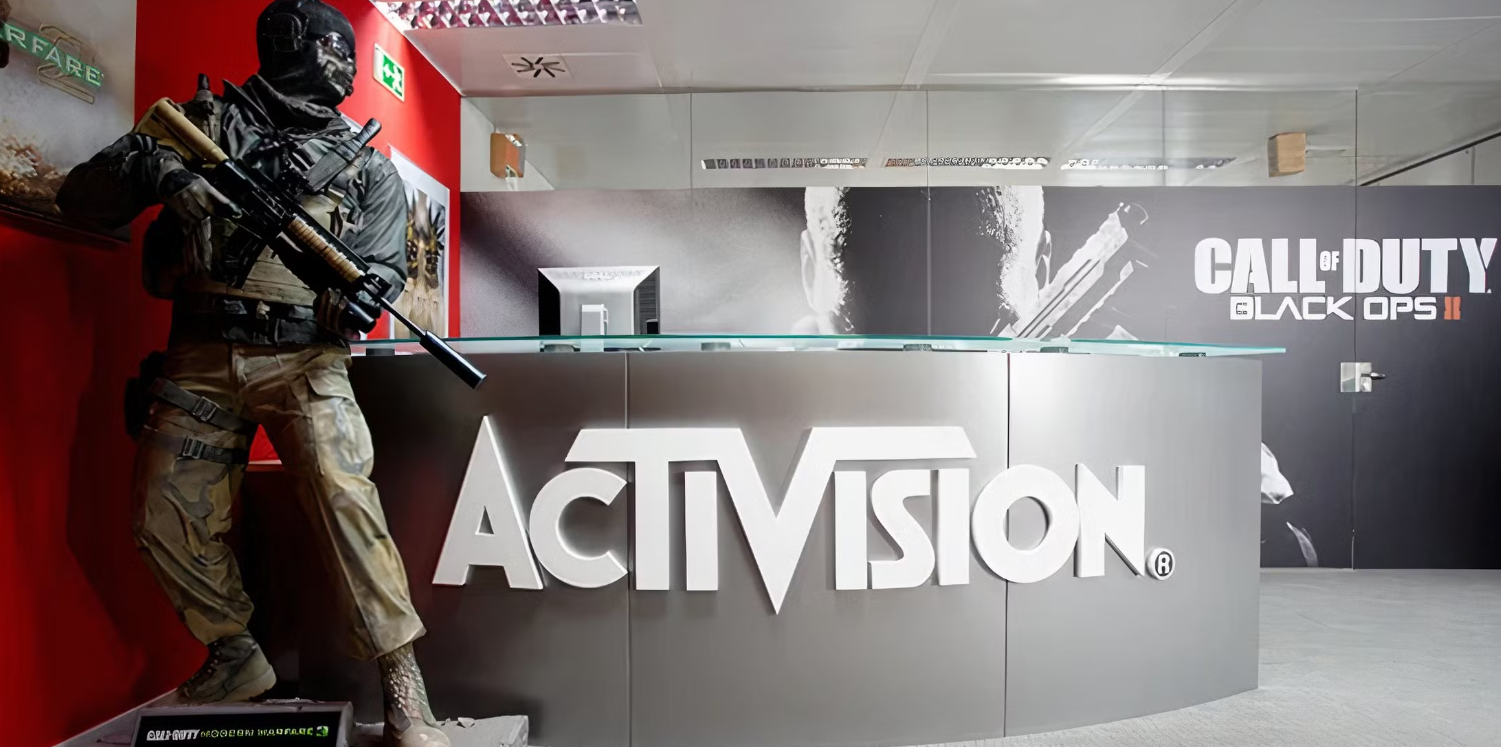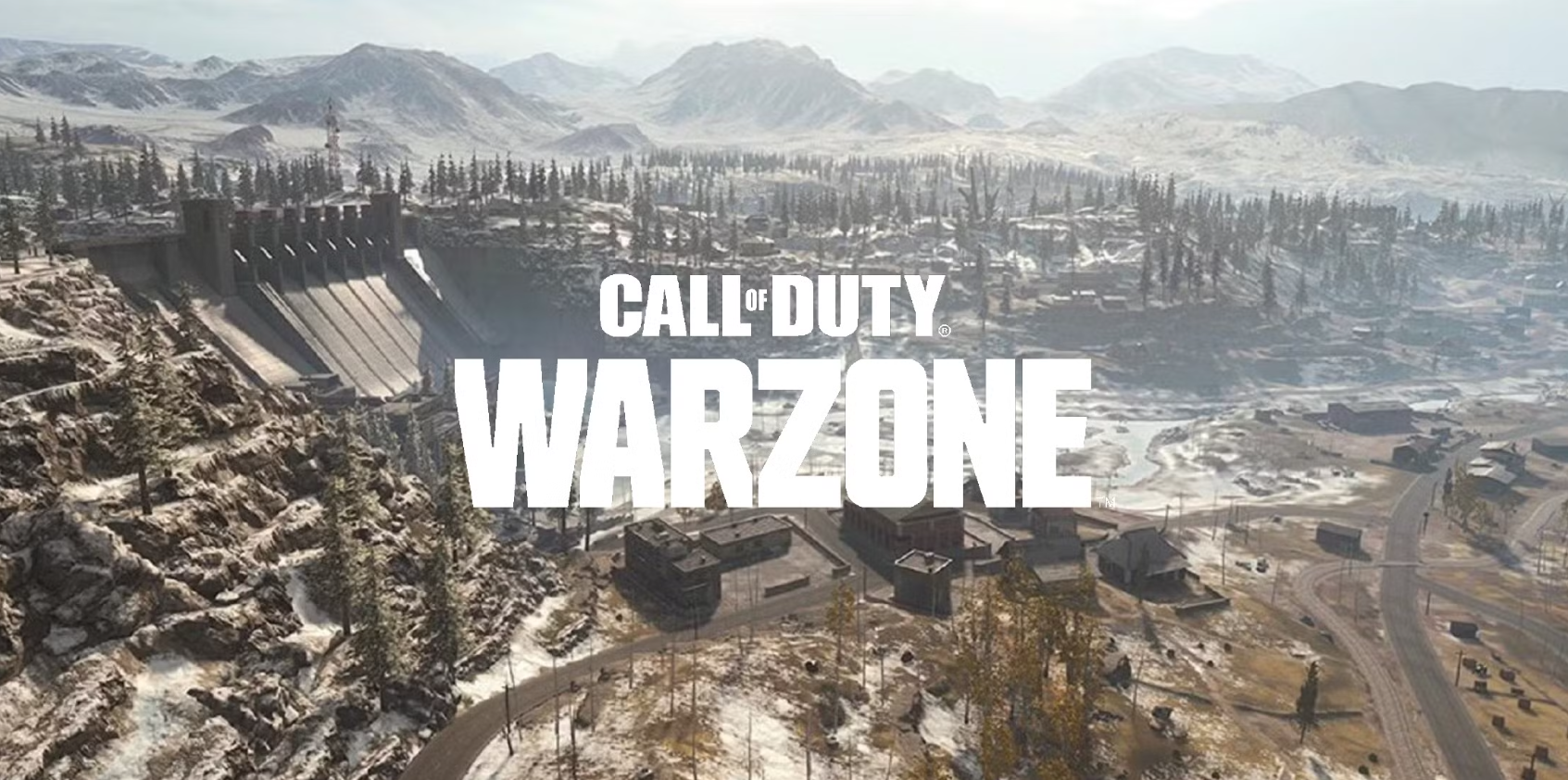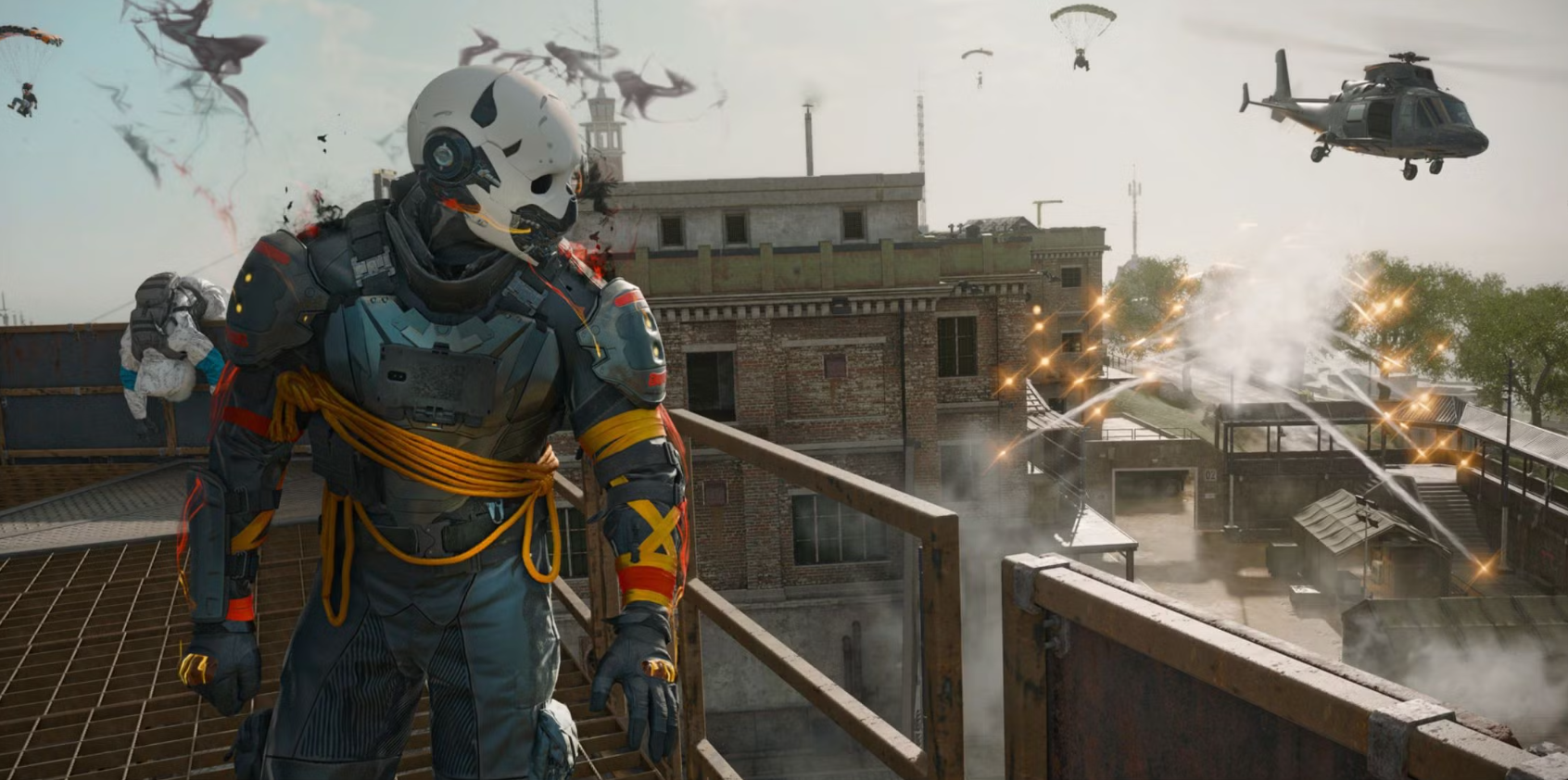Activision Presents Detailed Rebuttal in Uvalde School Shooting Lawsuit Involving Call of Duty

Activision has filed a comprehensive defense in response to lawsuits arising from the tragic Uvalde school shooting that occurred in 2022. The lawsuits, initiated by the families of the victims in May 2024, allege that the shooter was influenced by the violent content found in Activision’s Call of Duty series. In its defense, Activision argues that video games cannot be solely blamed for real-world violence and emphasizes the importance of personal responsibility and mental health.
The company highlights studies indicating that the majority of gamers do not engage in violent behavior. Activision’s legal team aims to demonstrate that its games are meant for entertainment and do not incite violence. The outcome of this case could have significant implications for the video game industry as it grapples with increasing scrutiny over the portrayal of violence in gaming. As the legal process unfolds, both sides prepare for a potentially lengthy battle in court, raising questions about the intersection of media, mental health, and societal violence.
Table of Contents
The Legal Battle Following the Tragedy at Robb Elementary School
The devastating shooting at Robb Elementary School on May 24, 2022, left a profound impact on the community and the nation as a whole. The tragic event resulted in the deaths of 19 children and two teachers, while 17 others suffered injuries, forever altering the lives of families and friends. The shooter, an 18-year-old former student of the school, had a history of playing video games, particularly the popular first-person shooter, Call of Duty. He downloaded Modern Warfare in November 2021, immersing himself in a virtual world characterized by combat and violence. The lawsuit filed by the families of the victims alleges that the shooter was influenced by the violent content of games like Call of Duty. They argue that the game’s hyper-realistic portrayal of warfare and the accessibility of firearms in both the virtual and real worlds contributed to the shooter’s actions. The families also claim that Meta, through its platform Instagram, played a role in facilitating connections between the shooter and firearm manufacturers. They contend that the shooter was exposed to advertisements for weapons, including the AR-15 he ultimately purchased, which mirrored the firearms depicted in the game.
In their legal battle, the families assert that both Activision, the publisher of Call of Duty, and Meta created a harmful environment that targeted insecure and impressionable adolescents. They believe that the combination of violent video game content and targeted advertising contributes to a culture that normalizes violence and desensitizes young people to its consequences. In response to these serious allegations, Activision formally addressed the California lawsuit by submitting a detailed 150-page defense last December. The company denied all claims against it and argued that there is no direct connection between Call of Duty and the tragic events that transpired at Robb Elementary. Activision emphasized that the game is intended for entertainment and should not be held responsible for the actions of individuals who misuse it.
Moreover, Activision sought to have the lawsuit dismissed under California’s anti-SLAPP (Strategic Lawsuit Against Public Participation) laws. These laws are designed to protect free speech rights from legal abuse, particularly in cases where individuals or companies face lawsuits for expressing themselves. The company’s legal team underscored the importance of protecting artistic expression, asserting that Call of Duty is an expressive work safeguarded by the First Amendment. They argue that the claims against the game, based on its hyper-realistic content, contradict this fundamental right and set a dangerous precedent for the gaming industry. The legal proceedings surrounding this case highlight the ongoing debate about the influence of video game content on real-world behavior, particularly among young people. Advocates for responsible gaming often point to studies indicating that the majority of gamers do not exhibit violent behavior, emphasizing that personal responsibility, mental health, and a host of other factors play significant roles in violent actions.
As the case unfolds, it raises important questions about the intersection of media, mental health, and societal violence. The outcome could have far-reaching implications not only for Activision and Meta but for the entire video game industry, as it grapples with increasing scrutiny regarding the portrayal of violence and its potential effects on players. In addition to the legal ramifications, the shooting and subsequent lawsuits have sparked a broader conversation about gun control, mental health resources, and the responsibilities of technology companies in moderating content and advertisements. As communities continue to grieve and seek justice for the victims, the legal battles may serve as a catalyst for change in how society views the relationship between entertainment, advertising, and real-world consequences.
Activision Stands Firm on Call of Duty Amid Uvalde Lawsuit
To strengthen its defense against the allegations stemming from the Uvalde shooting, Activision provided an extensive 35-page declaration from Matthew Thomas Payne, a professor of psychology at the University of Notre Dame. In his declaration, Payne argued that the Call of Duty franchise adheres to a long-standing tradition of military realism, much like what is seen in war films and television series. He emphasized that the game is not designed to serve as a “training camp for mass shooters,” as the lawsuit suggests. Instead, Payne posited that the game is a form of entertainment that reflects the complexities of modern warfare and should not be misconstrued as inciting violence among its players. Alongside Payne’s declaration, Patrick Kelly, the head of creative for Call of Duty, contributed a detailed 38-page submission that outlined the game’s design philosophy and development process. Kelly’s document revealed insights into the significant investment that goes into creating such a complex game, highlighting the staggering $700 million budget allocated for Call of Duty: Black Ops Cold War. This budget reflects not only the production quality but also the extensive research and development efforts that aim to provide players with an immersive experience. Kelly also discussed how the game incorporates various elements of storytelling, character development, and gameplay mechanics that appeal to a diverse audience.
These comprehensive submissions are part of Activision’s broader strategy to systematically challenge the claims brought forth by the families of the Uvalde victims. The company aims to counter the legal arguments presented in the lawsuit by emphasizing that its games are fundamentally rooted in artistic expression and not in the promotion of violence. Activision’s legal team is focused on demonstrating that the responsibility for violent actions lies with individuals and their mental health, rather than with the media they consume.
The documentation submitted by Activision is detailed and multifaceted, providing ample context for the game’s development and its intended purpose. The families of the Uvalde victims are expected to respond to these filings by late February, and their response will be crucial in determining the direction of the legal proceedings. As this case progresses, it highlights the ongoing challenges faced by the gaming industry in the context of societal concerns about violence and media influence. While the outcome of this particular lawsuit remains uncertain, it is essential to recognize that violent video games have frequently been scrutinized in the wake of mass shootings. This case is part of a larger, ongoing debate surrounding the relationship between media, mental health, and real-world violence. Critics of violent video games often argue that such content desensitizes young people to violence, potentially leading to harmful behaviors. In contrast, advocates for the gaming industry argue that correlation does not imply causation, pointing to research that indicates the vast majority of gamers do not engage in violent acts.
As the legal battle unfolds, it raises important questions not only about the accountability of game developers and publishers but also about the responsibilities of parents, educators, and society at large. The discourse surrounding this case may influence future policies regarding video game content and its regulation, as well as how mental health resources are allocated to support at-risk individuals. The implications of the Uvalde lawsuit extend beyond Activision and the gaming industry, touching on broader societal issues related to violence, media consumption, and the factors that contribute to tragic events like the one at Robb Elementary School. In a world increasingly shaped by digital media, the outcomes of such legal challenges could redefine the landscape of entertainment and how it intersects with public safety and social responsibility. The stakes are high, not only for Activision and the gaming community but also for families seeking justice and for society grappling with the complexities of violence in the modern age.




